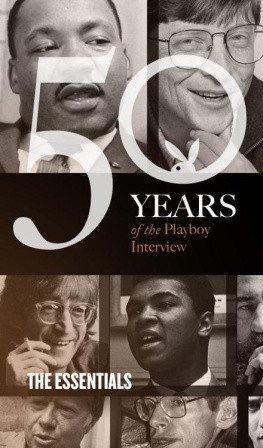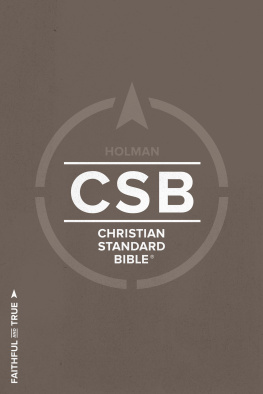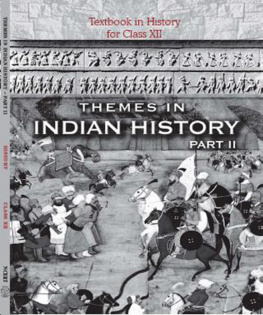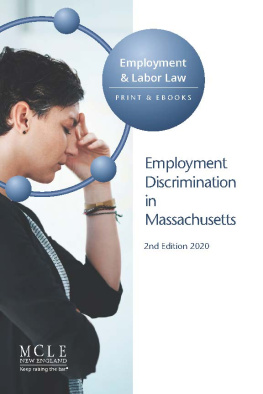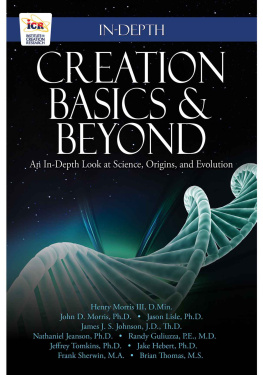VOL. XXI FEBRUARY 6, 1909 NO. 19
CHARITIES
AND THE COMMONS
THE PITTSBURGH SURVEY
II. THE PLACE AND ITS SOCIAL FORCES
A JOURNAL OF CONSTRUCTIVE PHILANTHROPY
PUBLISHED BY
THE CHARITY ORGANIZATION SOCIETY OF THE CITY OF NEW YORK
Robert W. deForest , President; Otto T. Bannard , Vice-President; J. P. Morgan , Treasurer; Edward T. Devine , General Secretary
105 EAST TWENTY-SECOND STREET, NEW YORK 174 ADAMS STREET, CHICAGO
THIS ISSUE TWENTY-FIVE CENTS TWO DOLLARS A YEAR
ENTERED AT THE POST OFFICE, NEW YORK, AS SECOND CLASS MATTER
[Contents Added by Transcriber]
{ 1646 }
Telephones { } Stuyvesant
{ 1647 } Millard & Company
Stationers and Printers 12 East 16th Street
(Bet. Fifth Ave. & Union Square)
New York ENGRAVING
LITHOGRAPHING
BLANK BOOK MAKING CATALOG AND PAMPHLET WORK
AT REASONABLE PRICES | The.... Sheltering Arms
William R. Peters President
92 William Street Herman C. Von Post Secretary
32 West 57th Street Charles W. Maury Treasurer
504 West 129th Street OBJECTS OF THE ASSOCIATION " The Sheltering Arms " was opened October 6th, 1864, and receives children between six and ten years of age, for whom no other institution provides. Children placed at " The Sheltering Arms " are not surrendered to the Institution, but are held subject to the order of parents or guardians. The children attend the neighboring public school. The older boys and girls are trained to household and other work.
Application for admission should be addressed to Miss Richmond , at " The Sheltering Arms ," 129th Street, corner Amsterdam Avenue. |
Wm. F. Fell Co.
PRINTERS
1220 Sansom Street
PHILADELPHIA
Book and Mercantile Printing Specialists in Medical, Technical and Educational Work Illustrated Catalogues, Reports and Booklets Machine Composition, Electrotyping and Binding
| Trade Marks have been used from time immemorial by manufacturers, emblems by societies, seals by kings, artists and printers. Their works are known to be excellent or poor. Their mark impresses the quality on the mind. The Kalkhoff Company
251 William Street, New York
Printers of the Inserts Herein |
Please mention Charities and The Commons when writing to advertisers.
Drawn by Joseph Stella.
AS MEN SEE AMERICA. II.
THE SECOND OF THREE FRONTISPIECES.
Charities
AND The Commons
THE COMMON WELFARE
THE BILL FOR A CHILDREN'S BUREAU
An unusually well managed and effective hearing before the House of Representatives committee on expenditures in the Interior Department was held in Washington on January 27, following the White House Conference on Dependent Children. No happier practical expression of the unanimous conclusions of the conference could have been conceived than this gathering of nearly all the conference leaders, representing every section of the country and all shades of opinion in dealing with childhood's problems.
Many persons listened to the unanimous plea that the federal government should heed the cry of the child and espouse its cause at least to the extent of providing a children's bureau manned by experts in such questions as the causes and treatment of orphanage, illegitimacy, juvenile delinquency, infant mortality, child labor, physical degeneracy, accidents, and diseases of children, to whom those engaged in dealing with these problems could direct inquiries for information based on adequate and authoritative research. The gathering of such information and its dissemination in bulletins easily understood by the common people, the making available for all parts of the country the results of the experience and suggestions of the most favored parts and of any foreign experience in dealing with problems similar to our own,in short just such service as the government now renders so cheerfully to the farmer though the scientific work of the bureaus of its well equipped Department of Agriculture is all that the bill for the children's bureau asks. Upon the question of the propriety, constitutionality and expediency of the federal government doing this work there was not and cannot well be a single objection made. For the first year an appropriation of $51,820 is asked. As was carefully pointed out by several speakers, much of the work to be done is partially undertaken and could be done more adequately by existing governmental agencies such as the Census Bureau whose work would not be duplicated if we make it the sole business of some one bureau to bring together in one place and focus on the problems of childhood the information desired by child helping agencies and to find out what is needed to stimulate greater efficiency in work for children. No administrative powers or duties of inspection with respect to children's institutions or work are proposed or intended to be given to the federal children's bureau. Therefore only those whose deeds will not stand the light of publicity need fear the operations of the bureau or expect anything but help and stimulus in the better performance of their service to the public.
All these points were made with singular unanimity and earnestness by many speakers who were heard by the committee and were seconded by the still larger number who recorded their names and the societies they represented as favoring the bureau. The judges of the leading juvenile courts were present in person, including Judge Lindsey of Denver, Judge Mack of Chicago, Judge DeLacy of Washington and Judge Feagin of Montgomery, Ala. Herbert Parsons, who introduced the bill in the House, and Secretary Lovejoy of the National Child Labor Committee, which stands sponsor for the bill, conducted the hearing jointly. Miss Lillian D. Wald, who originally suggested to the National Child Labor Committee the advisability of such a bureau, made the opening address, giving in substance the very clear and able argument for its creation which she had presented the previous evening at the banquet of the children's conference. She pointed out the universal demand for it in the following language:
And not only have the twenty-five thousand clergymen and their congregations shown their desire to participate in furthering this bill, but organizations of many diverse kinds have assumed a degree of sponsorship that indicates indisputably how universal has been its call to enlightened mind and heart. The national organizations of women's clubs, the consumers' leagues throughout the country, college and school alumn associations, societies for the promotion of special interests of children, the various state child labor committees, representing in their membership and executive committee education, labor, law, medicine and business, have officially given endorsement. The press, in literally every section of the country, has given the measure serious editorial discussion and approval. Not one dissenting voice has it been possible to discover.
THE NEED AND THE OPPORTUNITY
In speaking of the work which the bureau would do, we quote again from Miss Wald:
The children's bureau would not merely collect and classify information but it would be prepared to furnish to every community in the land information that was needed, diffuse knowledge that had come through expert study of facts valuable to the child and to the community. Many extraordinarily valuable methods have originated in America and have been seized by communities other than our own as valuable social discoveries. Other communities have had more or less haphazard legislation and there is abundant evidence of the desire to have judicial construction to harmonize and comprehend them. As matters now are within the United States, many communities are retarded or hampered by the lack of just such information and knowledge, which, if the bureau existed, could be readily available. Some communities within the United States have been placed in most advantageous positions as regards their children, because of the accident of the presence of public spirited individuals in their midst who have grasped the meaning of the nation's true relation to the children, and have been responsible for the creation of a public sentiment which makes high demands. But nowhere in the country does the government as such, provide information concerning vitally necessary measures for the children. Evils that are unknown or that are underestimated have the best chance for undisturbed existence and extension, and where light is most needed there is still darkness. Ours is, for instance, the only great nation which does not know how many children are born and how many die in each year within its borders; still less do we know how many die in infancy of preventable diseases; how many blind children might have seen the light, for one-fourth of the totally blind need not have been so had the science that has proved this been made known in even the remotest sections of the country.


